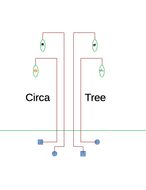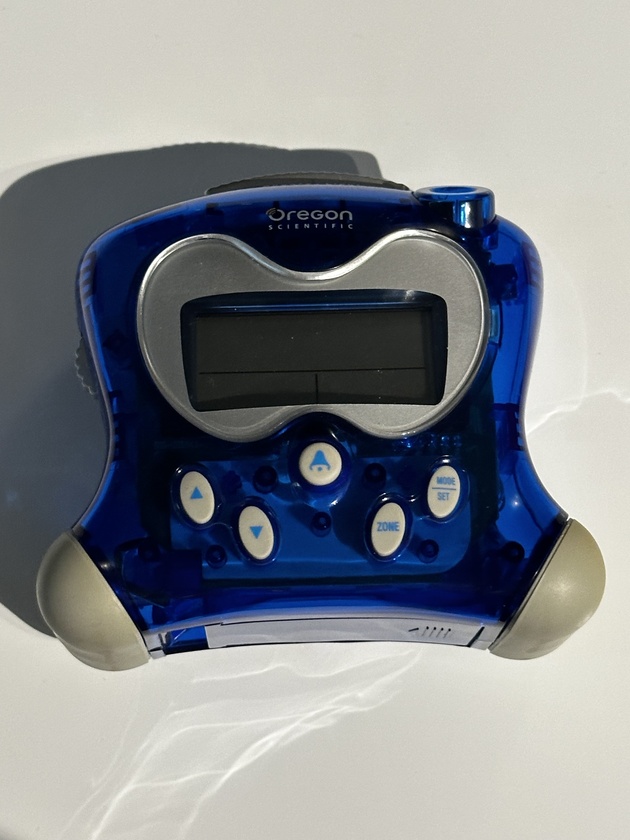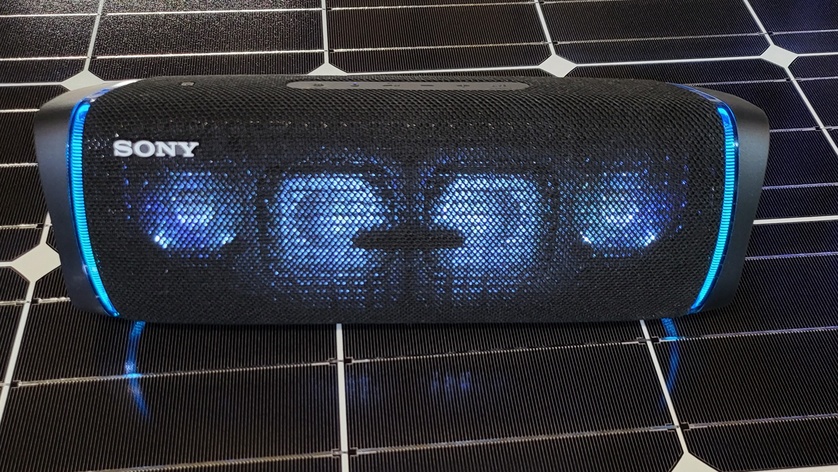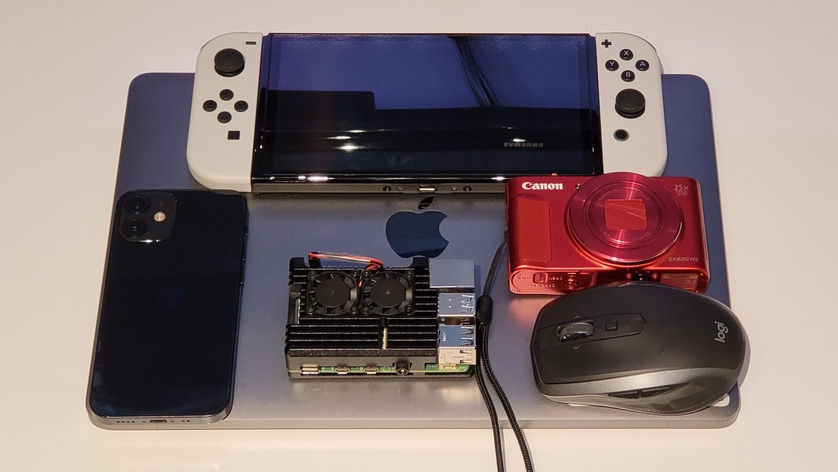
With the furthering adoption of USB Type-C, problems are starting to arise. Namely, the ubiquitous plug and play nature of USB is fractured.
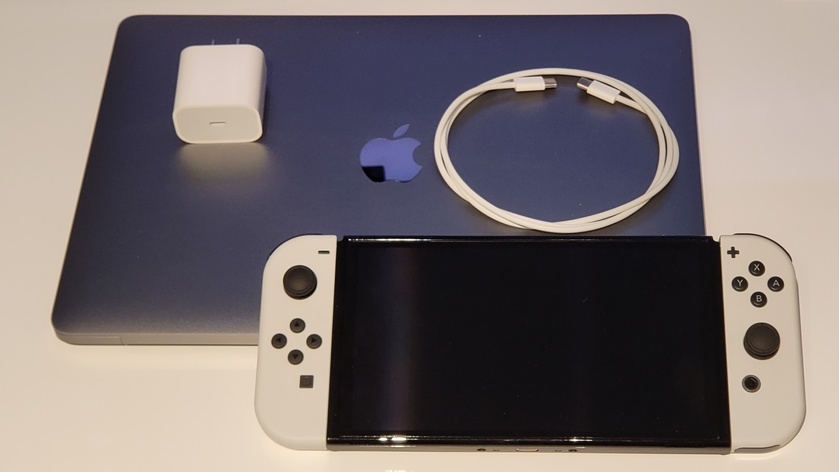
For example, in my testing, the charging cable that came with my MacBook Pro can only do power and USB 2 data transfers. To connect to eGPUs, external displays, or other highly capable devices, I need a Thunderbolt cable. But not just any Thunderbolt cable. It needs to be one that specifically supports the protocols required by the devices, as a Thunderbolt cable is no longer a Thunderbolt cable. There are variants. Further, a Type-C charging brick and C-to-C cable doesn't allow Micro USB devices to charge, and doesn't power non-compliant devices such as the Raspberry Pi 4. I have yet to find a Type-C to Micro-USB cable or adapter, but they do exist for a micro-USB cable to adapt to Type C. For the devices pictured at the top of the article, I've done testing with many of the cables that I have, and I have found only one solution where one cable can at least charge and/or do data transfers between all devices.
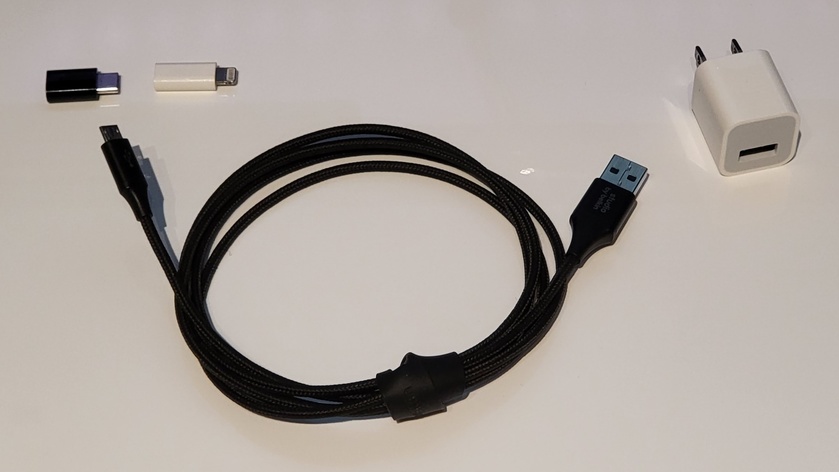
That's right. I've personally adopted an Apple 5 Watt USB-A brick, USB-A to Micro-B cable, with Micro-USB to Type-C and Micro-USB to Lightning adapters. This setup enables one cable to charge all of the devices pictured at the beginning of the article, which include:
- iPhone/AirPods (AirPods not shown)
- Nintendo Switch OLED
- Logitech MX Anywhere mouse
- Canon SX620 Digital Camera (data transfer only as camera doesn't support USB charging)
- Raspberry Pi 4
- MacBook Pro M1 Touchbar
- Samsung Galaxy Z Fold 3 (not shown, used to take the picture)
This cable setup takes almost twice as long to charge my Galaxy Fold compared to a Type C 20-watt brick, but it does this with 1/3 the material and weight. It charges my MacBook overnight, which given my usage and the MacBook's 20-hour battery life, is not a roadblock to how I use it. I actually prefer the slower charge rate as the battery spends less time at full charge. This single cable also lets me charge my devices from public Type-A ports, as well as the Type-A ports found in vehicles.
